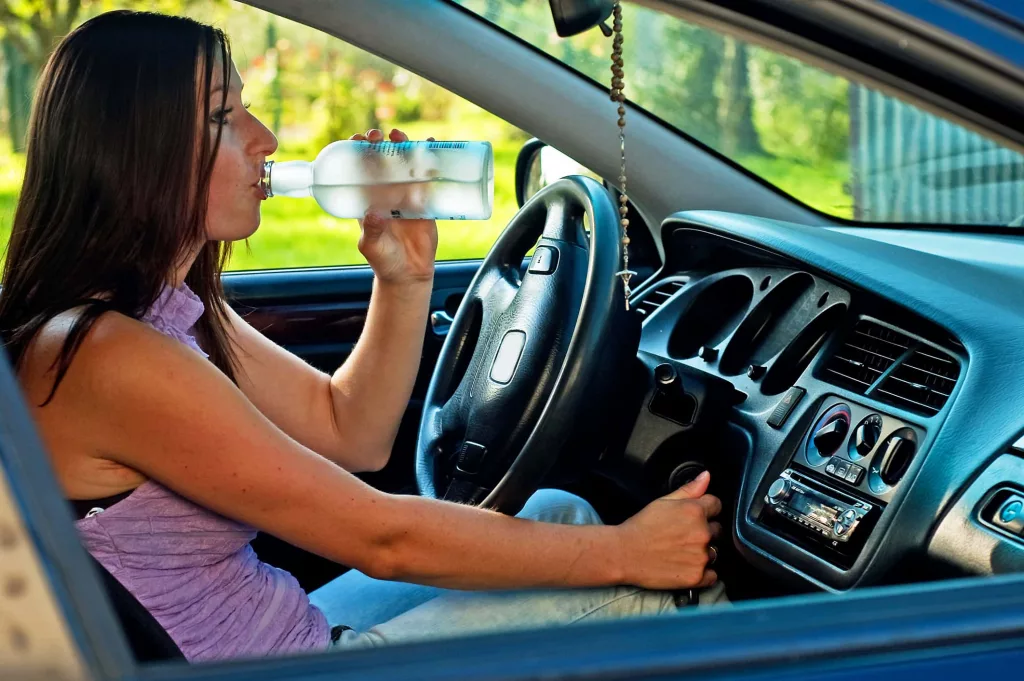This spring, the Berrien County Health Department Substance Use Disorder Prevention Team is bringing awareness to the dangers of underage drinking and providing resources to help.
This initiative kicks off during April, which is Alcohol Awareness Month, and is designed to discourage those who are under 21 from consuming alcohol and give parents tools to talk to their children about alcohol use. Despite the growing prevalence of e-cigarette use by teens, alcohol remains the number one substance abused by young people in the U.S., with 25% of Michigan high schoolers reporting using alcohol in the last month.
While underage alcohol use trended down during the pandemic, a 2022 survey from the National Institute on Drug Abuse found alcohol use by teens is returning to pre-pandemic levels. Approximately 52% of 12th graders, 31% of 10th graders and 15% of eighth graders reporting using alcohol in the last year.
“Especially as individuals begin to celebrate occasions such as graduations and school dances this spring, the opportunity and pressure to consume alcohol underage can be more prevalent,” said Lisa Peeples-Hurst, public health promotion and prevention supervisor at the Berrien County Health Department. “We know direct conversations with teens and young adults can help them make smart, healthy decisions about alcohol and other substances.
“The Health Department is here to help provide resources to support those conversations.”
According to the Substance Abuse and Mental Health Service Administration, parents talking with their children about alcohol use can reduce risk. The organization reports that 80% of children aged 10-18 said their parents were the leading influence in their decisions about whether or not to drink alcohol.
Underage drinking creates multiple risks for individuals under the age of 21. These include:
· Motor vehicle accidents
· Accidental injuries such as burns and falls
· Disruption of normal brain development, growth and sexual development
· Trouble in school, in social situations and with the law
· Increased risk of physical and sexual violence
· Alcohol poisoning
Underage drinking also contributes to challenges with mental health, use of other substances and other health issues later in life.
Conversations surrounding alcohol and other substances are critical to have with young people. SAMHSA has a variety of resources available to help parents and other adults broach conversations with underage people in their life about alcohol and other substance use.
For more information about preventing underage drinking, contact Lisa Peeples-Hurst at 269.927.5690 or visit bit.ly/BCHDUnderageDrinkingPrevention.






